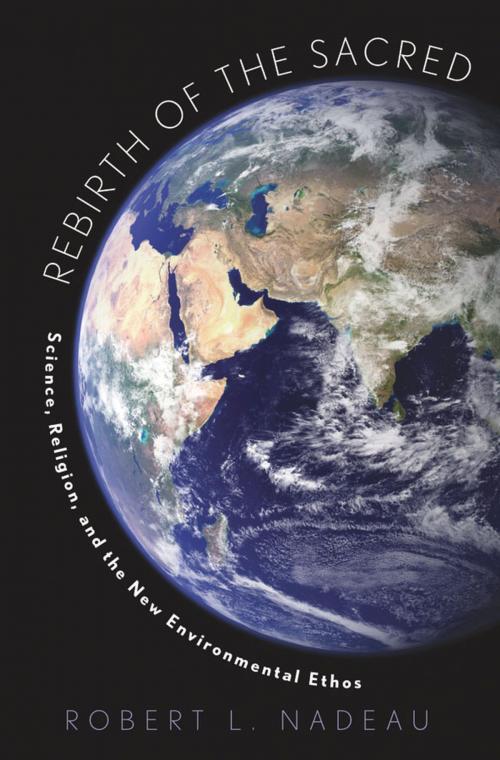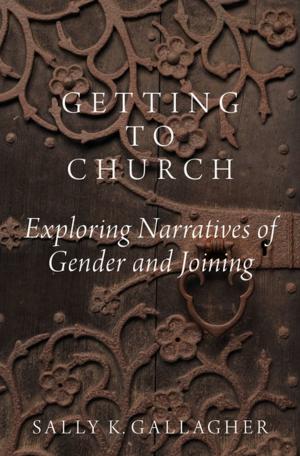Rebirth of the Sacred
Science, Religion, and the New Environmental Ethos
Nonfiction, Science & Nature, Science, Biological Sciences, Environmental Science| Author: | Robert Nadeau | ISBN: | 9780199987009 |
| Publisher: | Oxford University Press | Publication: | November 6, 2012 |
| Imprint: | Oxford University Press | Language: | English |
| Author: | Robert Nadeau |
| ISBN: | 9780199987009 |
| Publisher: | Oxford University Press |
| Publication: | November 6, 2012 |
| Imprint: | Oxford University Press |
| Language: | English |
There is also a large and growing consensus in the scientific community that resolving the environmental crisis will require massive changes in our political and economic institutions and new standards for moral and ethical behavior. In this groundbreaking book, Robert Nadeau makes a convincing case that these remarkable developments could occur if sufficient numbers of environmentally concerned people participate in the new dialogue between the truths of science and religion. Those who enter this dialogue will discover that the most fundamental scientific truths in contemporary physics and biology are analogous to and fully compatible with the most profound spiritual truths in all of the great religious traditions of the world. They will learn that recent scientific research has revealed that all of the 7 billion people on this planet are members of one extended human family and closely resemble other members of this family in genetic, cognitive and behavioral terms. And they will also learn that this research has also shown that we have an evolved and innate capacity to experience the other as oneself on the precognitive level and to engage in spontaneous moral behavior in the absence of feedback from higher level cortical processes associated with making conscious moral decisions. During the course of this discussion, it should become clear that there are two reasons why the new dialogue between the truths or science and religion could greatly enhance the prospects of resolving the environmental crisis. The first is that this dialogue can serve as the basis for articulating and disseminating an environmental ethos with a profound spiritual dimension. And the second is that the widespread acceptance of ethos could result in the fairly rapid emergence of well organized and highly effective worldwide movement in religious environmentalism.
There is also a large and growing consensus in the scientific community that resolving the environmental crisis will require massive changes in our political and economic institutions and new standards for moral and ethical behavior. In this groundbreaking book, Robert Nadeau makes a convincing case that these remarkable developments could occur if sufficient numbers of environmentally concerned people participate in the new dialogue between the truths of science and religion. Those who enter this dialogue will discover that the most fundamental scientific truths in contemporary physics and biology are analogous to and fully compatible with the most profound spiritual truths in all of the great religious traditions of the world. They will learn that recent scientific research has revealed that all of the 7 billion people on this planet are members of one extended human family and closely resemble other members of this family in genetic, cognitive and behavioral terms. And they will also learn that this research has also shown that we have an evolved and innate capacity to experience the other as oneself on the precognitive level and to engage in spontaneous moral behavior in the absence of feedback from higher level cortical processes associated with making conscious moral decisions. During the course of this discussion, it should become clear that there are two reasons why the new dialogue between the truths or science and religion could greatly enhance the prospects of resolving the environmental crisis. The first is that this dialogue can serve as the basis for articulating and disseminating an environmental ethos with a profound spiritual dimension. And the second is that the widespread acceptance of ethos could result in the fairly rapid emergence of well organized and highly effective worldwide movement in religious environmentalism.















